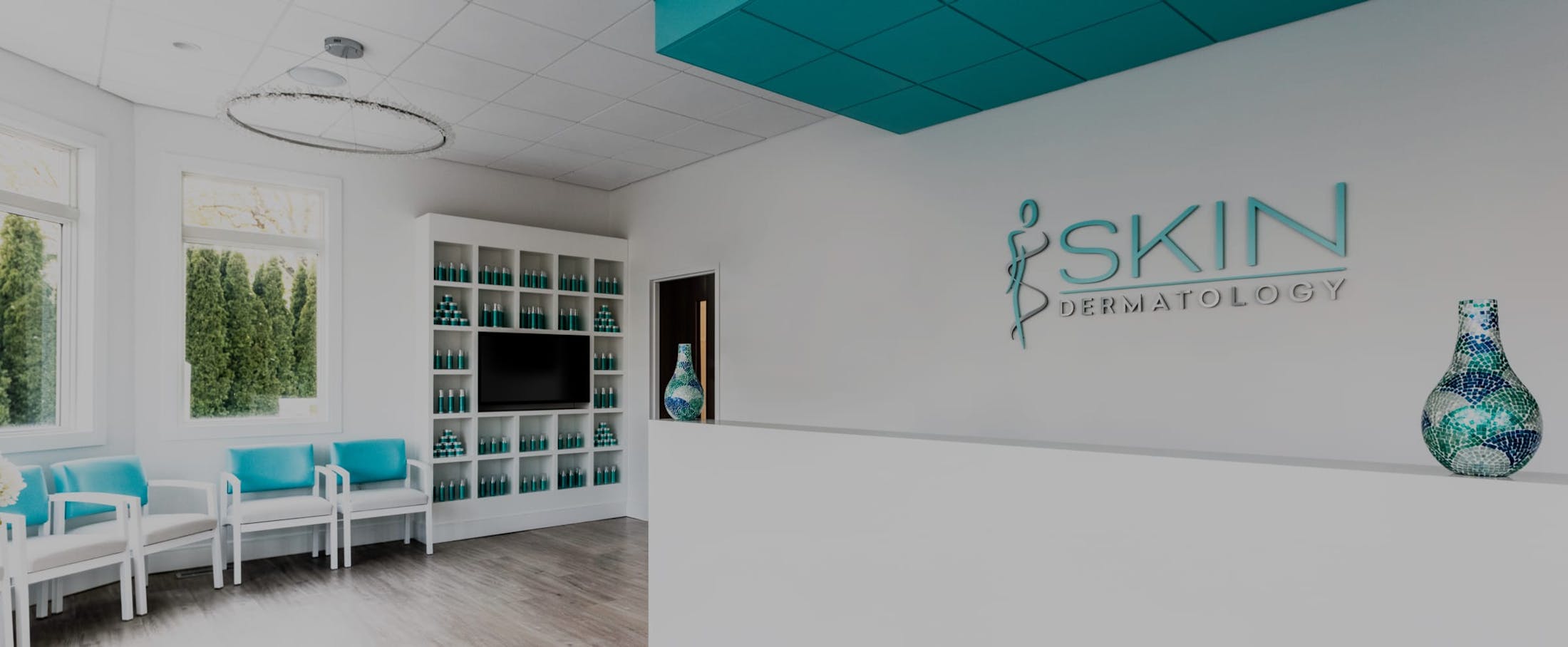Melasma, a form of hyperpigmentation that occurs primarily in women, can be particularly tricky to treat for a myriad of reasons — most notably, because it is triggered and exacerbated by hormonal changes and UV exposure. The hormonal component to melasma is what sets it apart from other forms of hyperpigmentation, although the primary symptoms of both general hyperpigmentation and melasma are often similar: Dark patches of skin discoloration.
Do You Offer Technology (Laser) to Help Combat This Condition?
Light and laser-based treatments have been used for year to combat Melasma, but they were far from perfect. Most lasers deliver energy that creates too much heat in the skin which can exacerbate your Melasma or cause other pigmentation issues.
Skin Dermatology is excited to offer a new treatment utilizing our next-generation Lumenis PiQo4 picosecond and nanosecond laser. The PiQo4 delivers energy so quickly that the skin does not heat up. This is made possible by transferring light energy to brown spots in very short picoseconds, faster than nano- and milli- seconds.
The pigment absorbs it so quickly, that the energy is immediately converted into pressure, not heat. This pressure shatters the pigment particles into sand, which your body eliminates. The end result? Clearer skin without paradoxical darkening.








